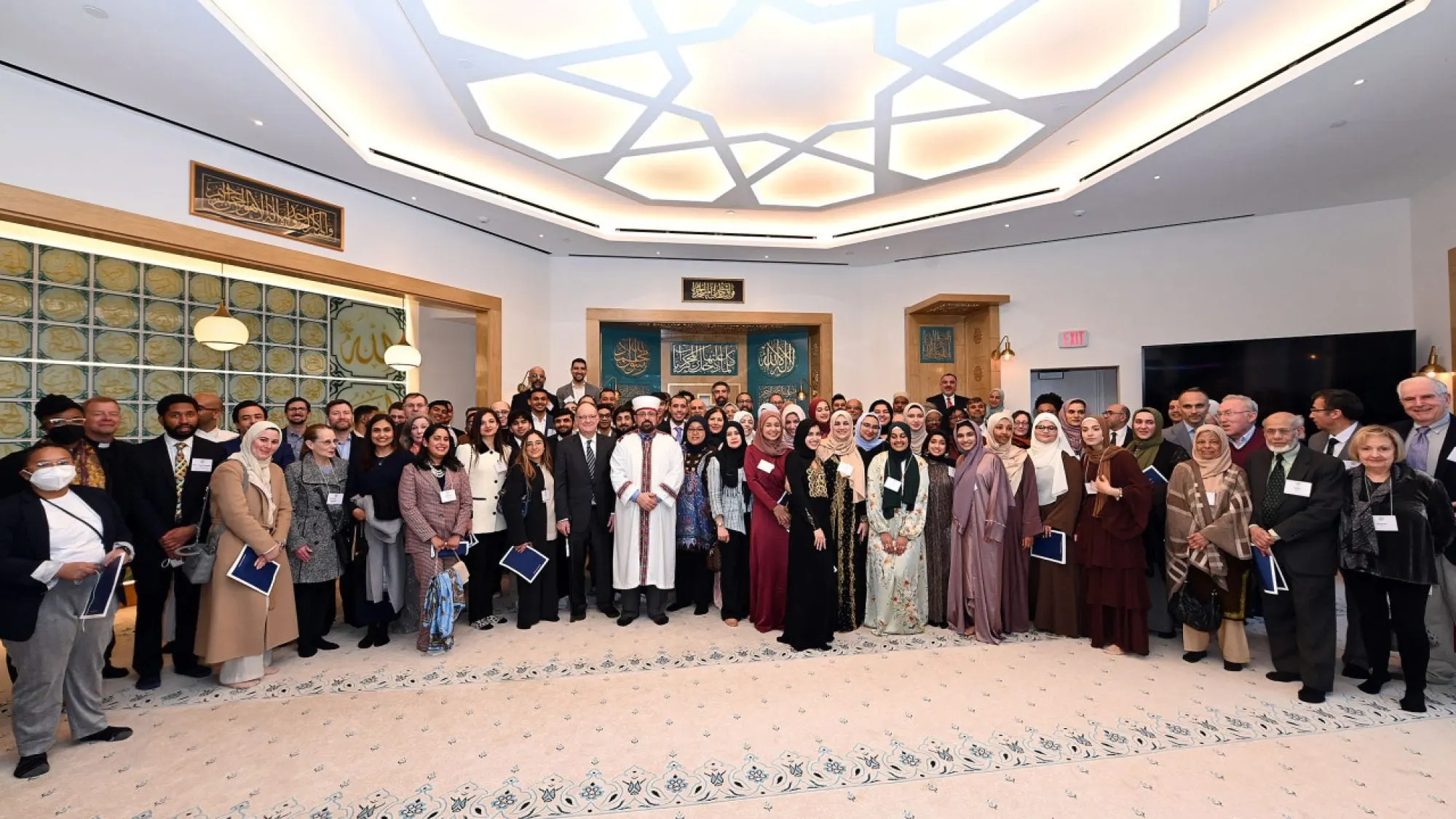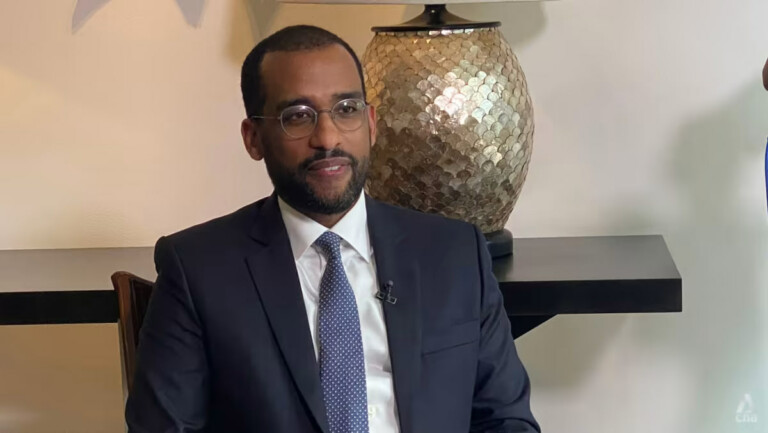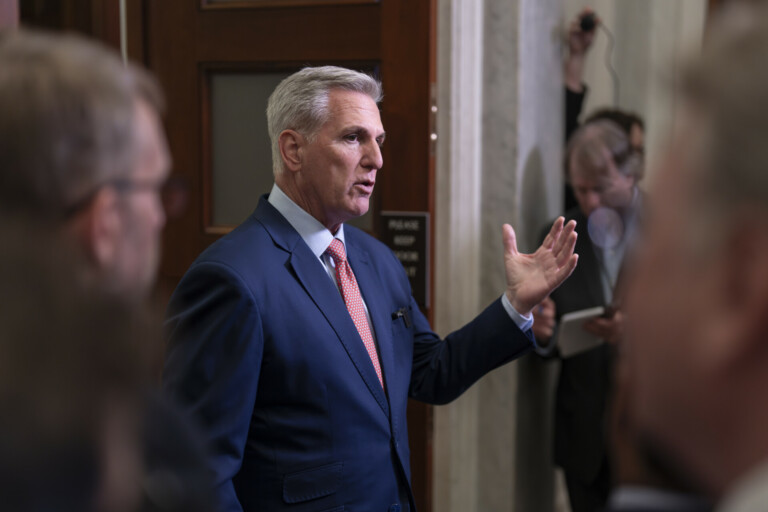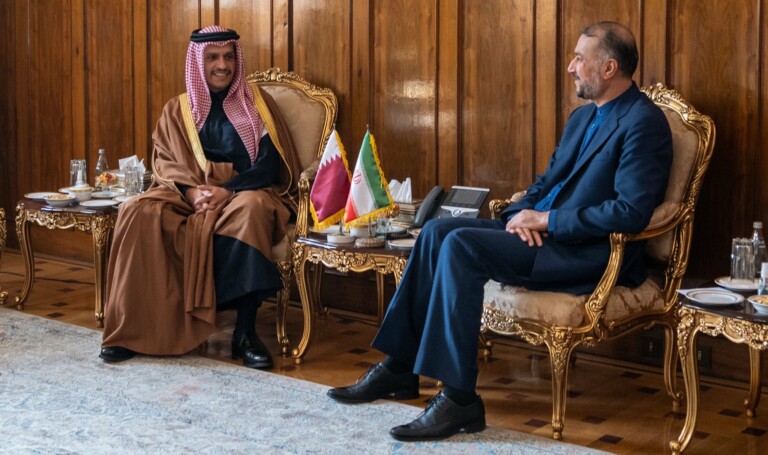Jesuit university dedicates space for Muslim students in Washington, D.C.
Georgetown University was the first U.S. university to hire a full-time Muslim chaplain, 24 years ago. Now, the Jesuit institution has opened the Yarrow Mamout Masjid – the first mosque on a U.S. college campus with ablution stations (places for ritual washing), a spirituality and formation hall, and a halal kitchen.
The official opening was March 18, though the mosque originally opened its doors in the fall of 2019. Its construction and design were completed this year.
“The masjid [mosque] builds on the university’s commitment to interreligious understanding and care for the whole person, or cura personalis, in creating sacred spaces on campus and community for students of all faith traditions,” the university said in an announcement. The facility “provides a space for reflection, prayer, community and interfaith dialogue for Muslim and non-Muslim students at Georgetown.”
The mosque offers the traditional five daily prayer services, as well as educational programming and spiritual discussions. It is one of seven sacred spaces on Georgetown’s main campus — and one of three spaces for Muslim students to pray across Georgetown schools, including Muslim prayer rooms in Georgetown Law School and the School of Medicine.
Other “sacred spaces” at Georgetown include the Dahlgren Chapel of the Sacred Heart, for Catholic Mass; the Copley Crypt Chapel, for Catholic and Eastern Orthodox liturgies; the Ecumenical Chapel, for Christian faith communities, Taize prayer, Bible studies, and meetings; the Servant of God Sr. Thea Bowman Chapel of St. William; Makom: A Jewish Gathering Space; the The John Main Center, a “contemplative sacred space,” and the Dharmic Meditation Center.
The new mosque is named for Yarrow Mamout, an enslaved man who bought his freedom, contributed to the neighborhood of Georgetown, and continued to deepen and practice his Islamic faith in the 18th century.
Source: Aleteia







